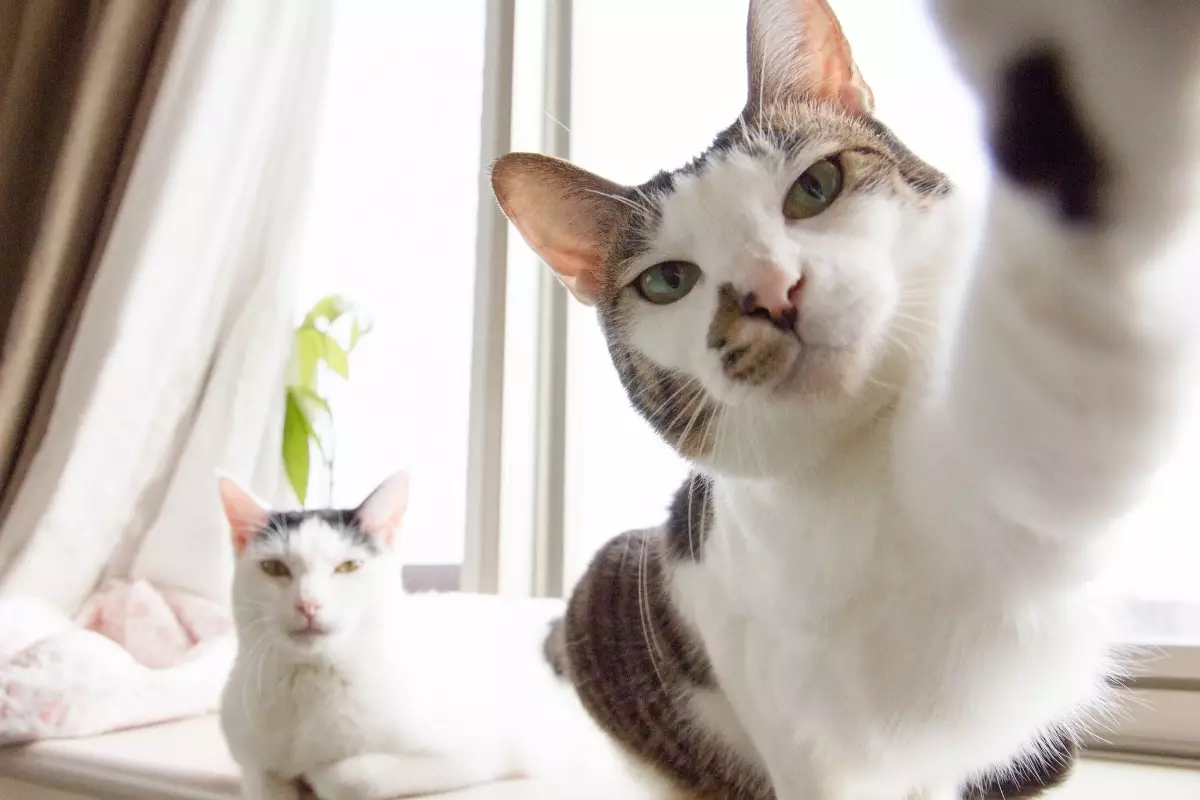Cats are often the source of amusement in our homes, with their playful antics and unexpected behaviors. One of the most common sights is a cat nonchalantly batting a delicate item off a table or nudging a pen to the floor, creating a cascade of chaos. While this might appear to be an innocent prank, there is a deeper rationale behind this seemingly mischievous behavior. Understanding why cats knock things over can not only protect your belongings but also enhance your relationship with your furry companion.
The Instinctual Hunter
At the core, the feline instinct is rooted in hunting. Cats, whether domestic or wild, are natural predators. The act of knocking objects over can mimic the actions they would perform while stalking prey. When a cat bats an item off a surface, they engage in a playful reenactment of the hunt, sharpening their swatting and pouncing skills. This behavior is a form of mental and physical exercise that satisfies their innate need to hunt, even in a home environment where traditional hunting is impossible. This instinctual drive can sometimes result in frustrated owners, but recognizing this as a reflection of natural behaviors can provide valuable insight into your cat’s psyche.
Curiosity and Exploration
Cats are inherently curious creatures, continually exploring their surroundings. Their paws serve as primary instruments for gathering information about the world around them; via touch, they assess the weight, texture, and stability of objects. By knocking items over, they engage in a tactile investigation that helps them map their environment. When new items appear in their territory, a cat’s first instinct is often to interact with them physically, satisfying their acute curiosity. It’s not just about destruction; it’s about discovery.
If you’ve ever unintentionally rewarded your cat for destructive behavior by reacting to their antics—whether in frustration or amusement—you may have noticed that your cat begins to repeat this performance more frequently. For many cats, knocking something off the shelf can be an effective strategy to gain your attention. When your cat feels neglected or seeks companionship, initiating chaos becomes a method of communication. Cats often learn that such behaviors can elicit a response, which reinforces their inclination to disrupt your tea time or work session with a clatter.
The playful nature of cats cannot be overstated. A simple push of a cup can become an exhilarating game in the mind of a feline. Often, when cats become bored, they resort to more creative means of stimulation, including knocking over household objects. Without sufficient mental and physical engagement, your cat might turn ordinary items into a source of entertainment. Interactive toys, feather wands, or puzzle feeders can help channel this playful energy in more constructive ways, reducing the impulse to use your possessions as playthings.
Cats possess scent glands in their paws, and knocking things over can serve as a means of marking their territory. When a cat pushes an object, they may be claiming that space as their own, asserting their presence in a manner that’s important to them. This territorial behavior provides the cat with a sense of security and control over its environment, making it an essential part of their emotional well-being.
Interestingly, not all motivations for knocking things over are playful. In some cases, this behavior can indicate underlying stress or anxiety. Changes in environment, the introduction of new pets, or even a shift in routine can generate feelings of insecurity in your cat. If knocking over objects becomes excessive, it could signify that your feline companion is struggling to cope. Identifying the sources of stress and providing a stable, enriching environment promotes behavioral health, fostering tranquility in your home.
As a cat owner, understanding the myriad reasons behind your pet’s actions allows for a more harmonious relationship. Redirecting their energy towards acceptable toys, ensuring their environment is rich with stimulation, and giving them plenty of attention can help curb unwanted behaviors. By acknowledging their innate habits while fostering positive outlets, you can cultivate a fulfilling interaction that benefits both you and your cat.
While it may seem trivial, knowing why cats have a tendency to knock things over can significantly enhance your understanding of their unique personalities. Embracing their quirks not only protects your belongings but also enriches the inhabitance you share with your playful feline, paving the way for a deeper bond and a happier home.


Leave a Reply